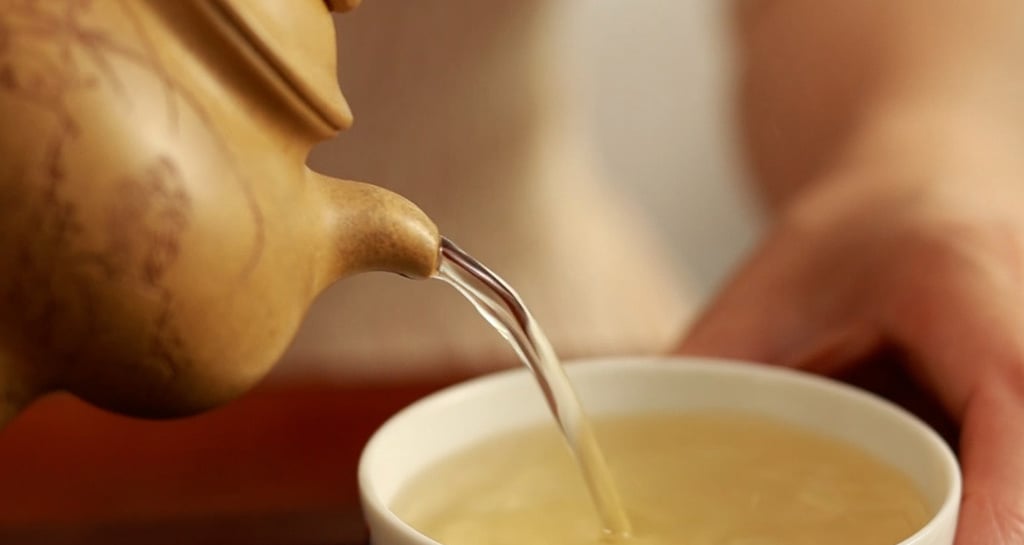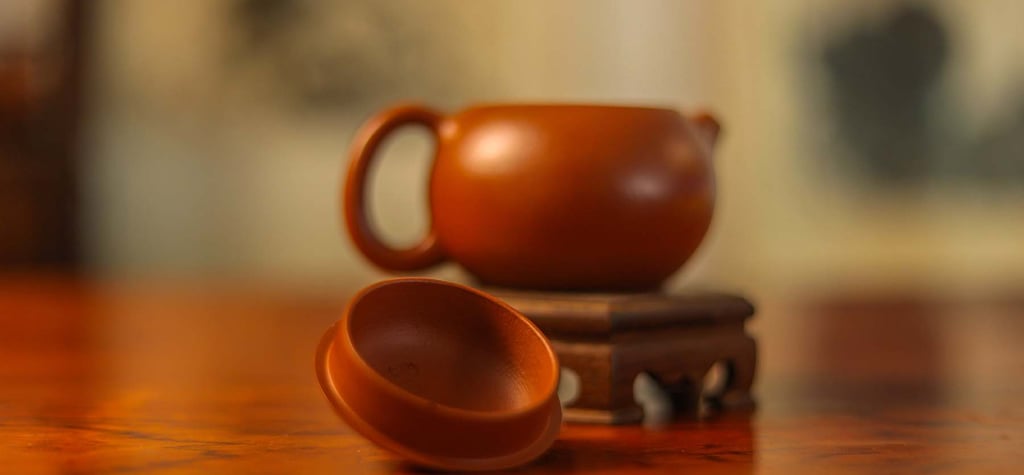What is The Artistic Essence of Yixing Teapot Design
Yixing teapot design blends nature, culture, and artistry, showcasing a rich history of craftsmanship, functional beauty, and personal expression, making each teapot a unique work of art.
YIXING TEAPOTS
You’ve probably heard about Yixing teapots – those elegant, clay beauties that have been cherished for centuries. But what makes them so special? Why are they considered not just functional teapots but also stunning works of art? If you’ve ever wondered about the true artistry behind Yixing teapots, you’re in the right place. Let's dive into the artistic essence of Yixing teapot design and explore what makes these little clay pots so extraordinary.
Understanding the Artistic Essence of Yixing Teapot Design
Natural and Cultural Inspirations
Yixing teapots don’t just come out of nowhere. They’re rooted in nature and cultural history. The masters of Yixing clay teapot designs often take their inspiration from plants, animals, and everyday objects, like jade and bronze. You’ll notice shapes like circles, squares, and even designs that mimic the flow of nature. It’s not just about looking pretty – it’s about capturing the essence of life around us.
This design philosophy isn’t just about clay and shapes either. Calligraphy and poetry also play a big part. These elements add a layer of sophistication and simplicity to each teapot, creating a balance between art and nature that’s hard to beat.
Historical Significance
Let’s get real – Yixing teapots aren’t just trendy right now. They’ve been around for centuries, and their artistry is intertwined with the rich tapestry of Chinese history. Initially, these teapots were purely functional. But as the years went on, they evolved into precious works of art that reflect the creative heritage of their time.
Each period of Chinese history left its mark on the design of Yixing teapots. From dynastic influences to cultural shifts, the design of each pot tells a story, showing how deeply these teapots are connected to the broader cultural narrative of China.
Unique Aesthetics
What really makes Yixing teapots stand out is the individual expression that each artist pours into their creation. It’s not just about making a teapot – it’s about making a statement. Each Yixing teapot is infused with the maker’s personality, emotions, and artistic style, which means no two teapots are exactly alike.
Some designs are elegant, others bold. Some might feel strong and powerful, while others seem delicate and graceful. The diversity of styles and shapes creates a rich variety of Yixing teapots that collectors and tea lovers can truly appreciate. Plus, using one of these works of art to brew your tea makes the whole experience feel extra special.
Balancing Functionality and Art
Here’s the thing – Yixing teapots aren’t just meant to be admired from a distance. They’re meant to be used. And that’s where the genius of these teapots really shows. The makers of these pots understand that a good teapot needs to function perfectly. A Yixing teapot is made for pouring tea with precision, and the design ensures that it works beautifully every time.
But here’s the kicker – these teapots aren’t just functional. They’re also stunning. The delicate balance between functionality and artistry is what makes them so special. You can pour tea like a pro while appreciating the beauty of the teapot in your hands. It’s about enjoying both the utility and the aesthetic appeal of these timeless pieces.
Craftsmanship and Innovation
Making a Yixing teapot isn’t just about tradition. It’s about innovation too. While the techniques have been passed down for generations, modern artisans are mixing old-school methods with new ideas. The result? Teapots that speak to both the past and the present, bringing together centuries of craftsmanship with a fresh take on design.
Yixing craftsmanship is all about evolution. As the techniques improve and new materials are used, we see designs that are more relevant than ever before, reflecting the cultural values and tastes of today’s world.
Conclusion
To sum it up, the artistic essence of Yixing teapot design is all about balance. It’s about drawing inspiration from nature and history, expressing individuality, ensuring practicality, and embracing innovation. Each Yixing teapot tells a story – one of creativity, culture, and craftsmanship. Whether you’re a collector or just someone who loves a good cup of tea, these teapots offer something unique. If you’re looking for a real Yixing clay teapot, head over to our official website to discover more about these beautiful pieces and the artistry behind them.
FAQs about Yixing Teapot Design
Q: What makes Yixing teapots so unique?
A: Yixing teapots are renowned for their natural design inspiration and the craftsmanship that goes into every piece. These teapots are made from Yixing clay, which is believed to enhance the taste of tea. Each teapot is a unique blend of tradition, function, and artistry, reflecting the maker’s personal touch.
Q: Can Yixing teapots be used every day?
A: Absolutely! While they are valuable and can be collectible pieces, Yixing teapots are designed for everyday use. The clay used in these teapots helps maintain the temperature of your tea, enhancing the flavour of each brew.
Q: Why are Yixing teapots so expensive?
A: The price of a Yixing teapot comes from the high-quality clay used, the level of craftsmanship required, and the individuality of each piece. Skilled artisans pour a lot of time and care into every teapot, making each one a work of art.
Q: Do Yixing teapots need special care?
A: Yes. It’s recommended not to wash your Yixing teapot with soap, as it can affect the natural flavours it has absorbed over time. Simply rinse with hot water and let it air dry. Over time, the pot will develop a natural patina that adds to its charm.
Q: How can I tell if a Yixing teapot is real?
A: Genuine Yixing teapots will have a specific, earthy feel due to the unique Yixing clay. You can also look for craftsmanship details such as fine carving, inscriptions, and smooth seams. Always buy from a reputable source.




